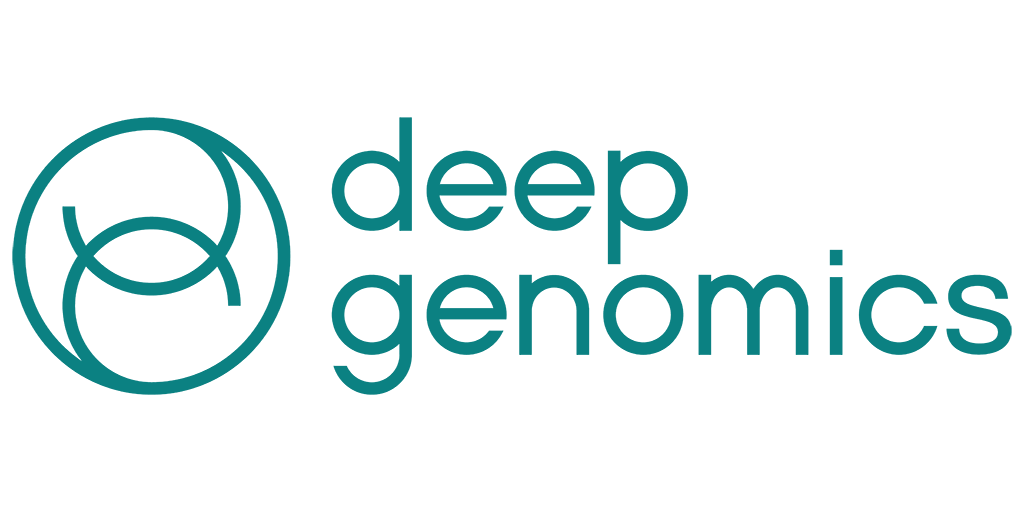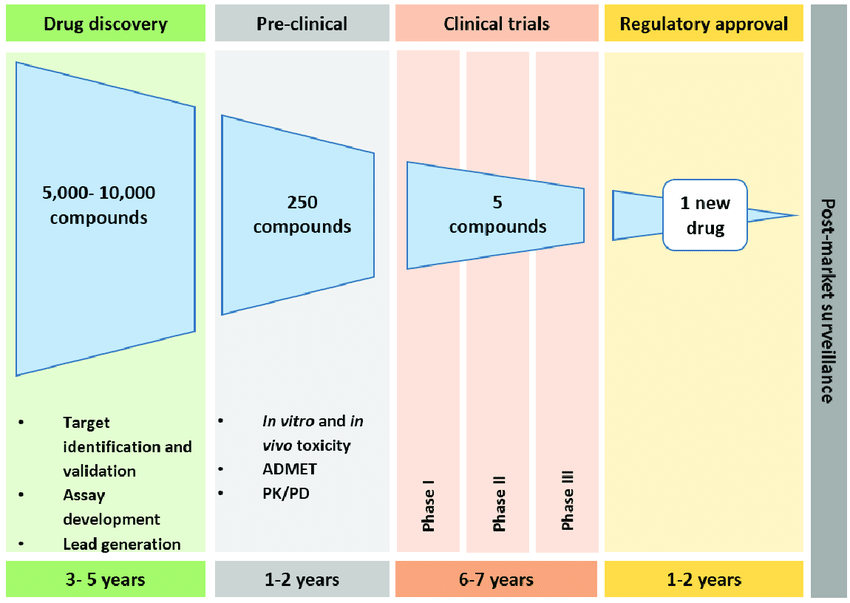
Deep Genomics: how the combination of precision medicine and AI is revolutionizing drug discovery

Written July 28, 2021. Wrote my firm's blog post on our investment in Deep Genomics. You can find the original here

This week, Deep Genomics announced the closing of a $180 million USD Series C Financing Round, one of the largest-ever funding rounds for a Canadian-based biotech business. We’re excited to be a part of this fantastic syndicate, led by Softbank with additional investment by CPPIB, Fidelity and existing investors.
AI is at the center of our investment strategy and this company is a great example of Amplitude’s approach to creating, building and growing world-leading, innovative precision therapeutics companies. We’re thrilled to help Brendan Frey and the rest of the Deep Genomics team realize their vision of creating a world-leading AI platform company that delivers a portfolio of medicines to treat both rare and common genetic diseases.
We first met the company back in 2015 and we believed in the same thing that they did — that AI was going to be a very important technology for the future of healthcare. At that time, we were not clear what business model was right for the technology and our thinking evolved to where we believed the best path forward for companies was not to sell their technological expertise as a service provider but to build a fully integrated therapeutics company using their technology platform as a pipeline-building engine.
We continued to follow the company and reached out after their ground-breaking paper where their proprietary AI platform identified a novel treatment target and corresponding drug candidate for Wilson’s disease. When we met with the team again in late 2019, Brendan and his team had arrived at the same vision for the company. We were finalizing the first close of our Precision Medicine fund and we saw Deep Genomic as a perfect example of the world-class precision medicine companies that we wanted to support.
Since that time, the company has exceeded expectations. Brendan has built a high-performing team with a great venture syndicate that has the company strongly positioned to emerge as a leading next-generation therapeutics company. Over the last 18 months, the company has developed industry-leading AI prediction models, advanced 10 pre-clinical programs, all of which were discovered using their AI, and built a culture that combines the knowledge of AI, software, and RNA biology into a rapidly scaling company with a footprint in Toronto, ON and Cambridge, MA.
We are the only Canadian-based venture investor in the company and we are very excited to be a part of the company’s progress over the last 18 months.
Discovering new medicines is difficult and time-consuming, historically taking decades and billions of dollars. If scientists understand the molecular drivers of a disease, work begins to identify good “druggable” targets. If the targets are known, scientists can screen thousands of compounds to find one that desirably affects the target. However, many times the drivers of disease are not known and scientists have trouble identifying targets and candidate compounds.
Once several compounds are identified, scientists then test these compounds in cells grown on a plate (in vitro experiments) to make sure the compound is effective in a cellular environment. However, if the initial compound has doesn’t work as intended, either because it’s non-selective or is not potent, the compound has to be re-designed thereby repeating the drug discovery process.
This process has historically taken 4–5 years and has the lowest success rate as ~250 out of 5–10,000 compounds move to the next round of testing.

Using evolved techniques like machine learning and artificial intelligence can make this search quicker, cheaper and more effective. Through feeding millions of data points into these AI models, scientists are able to predict the effectiveness of drug compounds better than the educated guesses scientists used to do. AI algorithms are able to test more compounds with improved accuracy and reproducibility, all of which better increases the AI model’s predictions over time.
Many have touted artificial intelligence as the future of drug discovery but the translation from in-silico prediction into pre-clinical testing and human clinical trials is still difficult. What excited us about Deep Genomics was a vision to build a fully integrated AI-based pharma company. Most other companies apply AI to a narrow slice of the business or bolt AI onto a company founded on other expertise. Deep Genomics is unique in that the entire company is organized around the AI Workbench. AI is integrated into all business activities, including identifying novel targets, ascertaining potential therapeutic mechanisms, designing & synthesizing molecules, assessing potency and safety of candidates, designing animal models, and identifying different patient subpopulations that can be addressed by the same molecule.
The difference between Deep Genomics and other world-leading AI companies, like Atomwise, Recursion, InSitro and Benevolent AI, is their focus on RNA therapeutics. The conventional view of RNA was a supporting role — the intermediary between DNA and protein and a passive conduit for information. However, RNAs have many other functions, including helping turn genes on and off, aiding chemical reactions and even building proteins. This culminated in the 2018 approval of two RNA-based therapies with many more in the development pipeline.
Deep Genomics is focused on building steric blocking oligonucleotides (SBOs), which are programmable therapies that can be precisely controlled to modify disease. Unlike other RNA therapies, such as siRNA and ASO gapmers, which can only decrease expression, and mRNA, which can only increase expression, SBOs enable them to do both.
See a short video below for a great explanation on how Deep Genomics is using its AI platform to discover new RNA medicines:
Because RNA therapeutics are a sequence of letters, medicine has become like code, which is the perfect match for AI. Humans can’t do this due to the complexity, accuracy and scale of information but Deep Genomics has built its proprietary AI workbench to solve this problem. The AI workbench is a sophisticated suite of systems that is being used to make billions of predictions across millions of genetic variants in the human genome to test potentially billions of molecules.
The company has made significant progress in rapidly advancing its first 10 AI-discovered programs to the clinic. The new funding will help the company expand its AI workbench to more complex and common diseases and rapidly scale its pipeline to 30 programs, with the goal of advancing four programs into the clinic by 2023.
Deep Genomics is another example of how Canada is becoming a hotbed for innovation. Leveraging the exceptional AI talent originating out of Toronto, Brendan and his team have been able to build a world-class company that is rapidly scaling its AI capabilities to create a full-stack biotech company.
By creating roots in Toronto, the birthplace of deep learning and the fastest growing tech hub in North America, with a Boston-Cambridge biotech hub, Deep Genomics is building a culture that combines AI, software engineering and RNA biology to build a company that once again demonstrates the exceptional science coming out of Canada’s life science innovation ecosystem.
Becoming a world-leading company is no easy task but with a unique discovery platform, an exceptional management team, and a stellar group of investors, Deep Genomics has demonstrated its exceptional potential to become something truly remarkable.
We are thrilled this company is in our portfolio and look forward to translating the power of AI into new drugs that can make a significant impact on patient’s lives.
-Amplitude Team